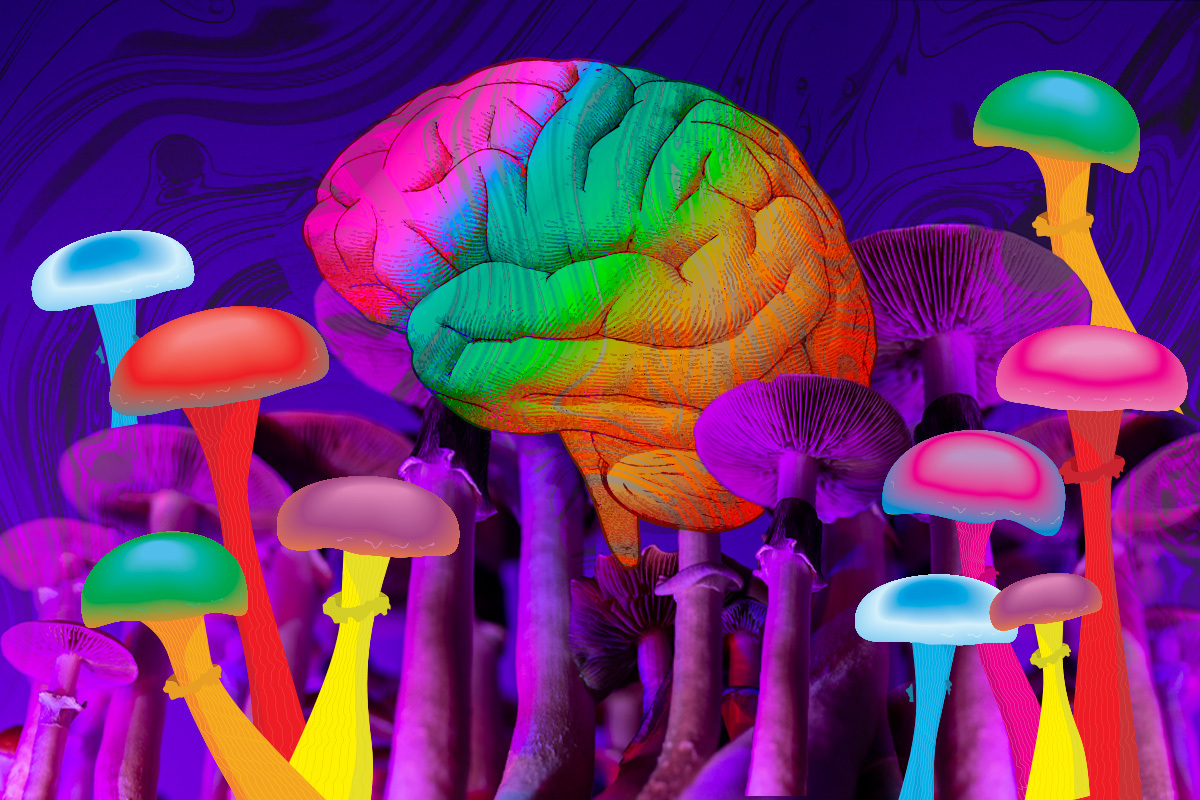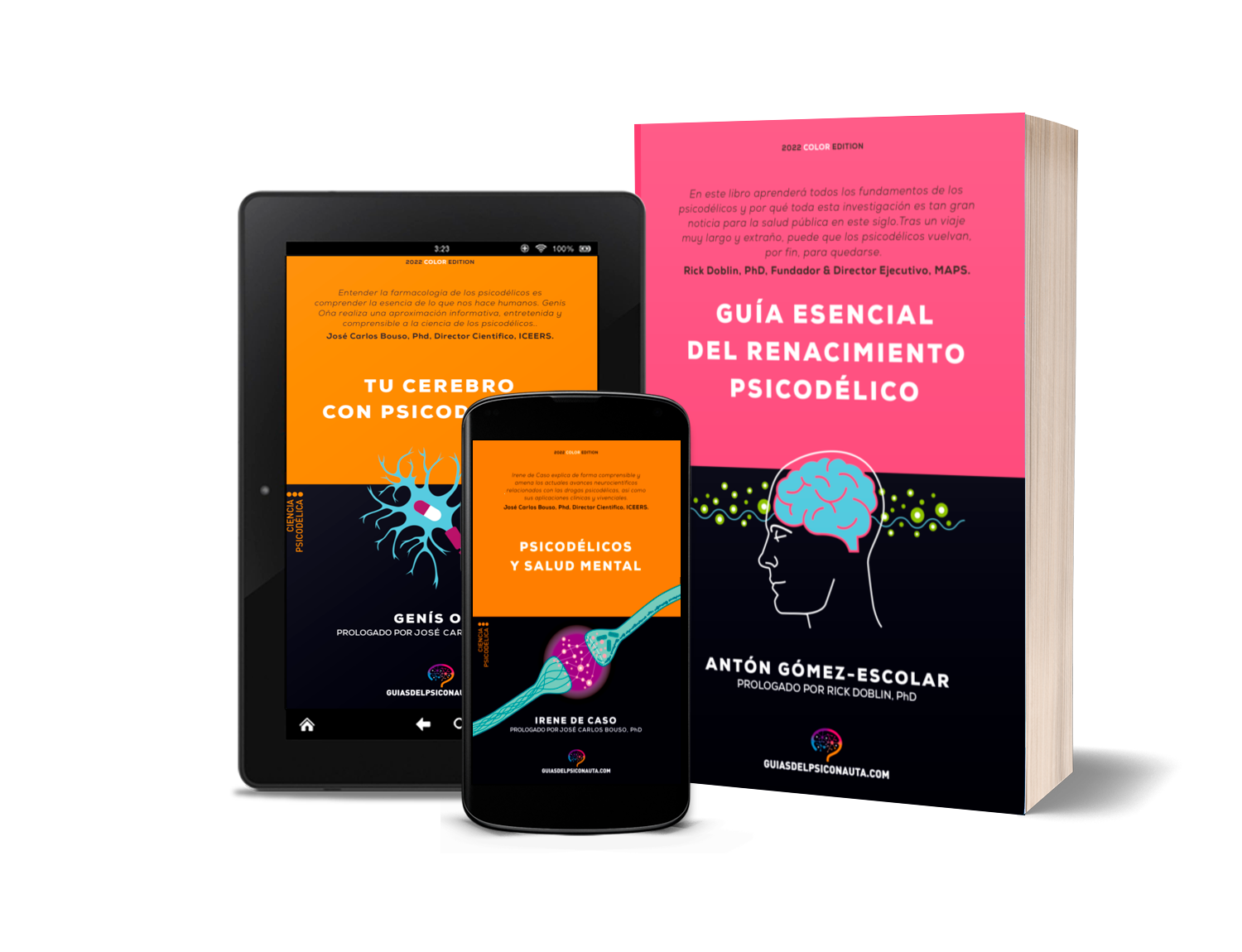By Gabriel García December 13, 2023
The article “How antidepressants, ketamine and psychedelic drugs may make brains more flexible - new research” by Barbara Jacquelyn Sahakian, Professor of Clinical Neuropsychology at the University of Cambridge, and Christelle Langley, Postdoctoral Research Associate in Cognitive Neuroscience at the University of Cambridge explains how these drugs may affect brain neuroplasticity, i.e., the brain’s ability to change and adapt to new experiences. According to the authors, these drugs can help treat mental disorders such as depression, anxiety and post-traumatic stress by facilitating the formation of new neural connections and the modulation of brain circuits involved in emotional processing. The article also mentions some of the risks and challenges involved in the use of these drugs, such as side effects, lack of regulation and social stigmatization.
In this article, the authors explain how some antidepressant drugs, such as ketamine and psychedelic drugs, can make the brain more flexible and able to adapt to change. These drugs act on glutamate receptors, a neurotransmitter that facilitates communication between neurons and the formation of new connections. The authors describe the results of several studies showing that these drugs can reduce symptoms of depression, anxiety and post-traumatic stress disorder in people who do not respond to conventional antidepressants. However, they also warn of the possible risks and side effects of these substances, such as dependence, hallucinations and psychosis. Therefore, they recommend further research to better understand the mechanisms and optimal doses of these drugs, as well as to develop safer and more effective treatments for mood disorders.

Psychedelics are substances that alter perception, thought and consciousness, producing experiences that can be profoundly revelatory, transformative or disturbing. Some of the best known psychedelics are LSD, psilocybin (found in magic mushrooms), DMT (found in ayahuasca) and mescaline (found in peyote and San Pedro cactus). These psychedelics act on serotonin receptors in the brain, a chemical related to mood, learning and memory.
Psychedelics can have potential beneficial effects on mental health by inducing altered states of consciousness that can facilitate introspection, creativity, empathy, and connection with oneself and one’s environment. However, they can also have adverse effects, such as anxiety, panic, paranoia or psychosis, especially if consumed in high doses, in inappropriate contexts or without adequate preparation and accompaniment. Therefore, it is important to be well informed about the risks and precautions to be taken into account before consuming psychedelics.
A good way to get informed is to consult the Psychonaut’s Guides (https://www.guiasdelpsiconauta.com/), a collection of books that address the essential aspects of the world of psychedelics from a scientific, informative and practical perspective. The Psychonaut’s Guides provide information on the history, neuroscience, legality, therapeutic applications and harm reduction of the most scientifically promising psychedelic drugs. In addition, they include tips for preparing and living a safe and enriching psychedelic experience. The Psychonaut Guides are available in print and digital format in Spain and several Latin American countries.

If you are interested in learning more about this exciting world, we invite you to consult the Psychonaut’s Guides by Argonowta. These books will give you a broad and balanced view of psychedelics and their potential therapeutic effects. Remember, however, that these substances are not a panacea or a magic solution to all your problems. Their use requires professional guidance, an appropriate context and a responsible attitude. Psychedelics can be a powerful tool for personal change, but they can also be dangerous if used inappropriately or irresponsibly.
The Psychonaut’s Guides from Argonowta Publishing is a collection of books that explain in a rigorous and accessible way the scientific, historical, cultural and experiential aspects of psychedelic substances. These guides offer updated and contrasted information on the therapeutic and neuroscientific applications of psilocybin, LSD, DMT and MDMA, as well as practical advice on how to prepare, carry out and take advantage of psychedelic experiences. The Psychonaut’s Guides are a must-have reference for anyone interested in learning about the psychedelic renaissance that is transforming mental health and changing lives.





